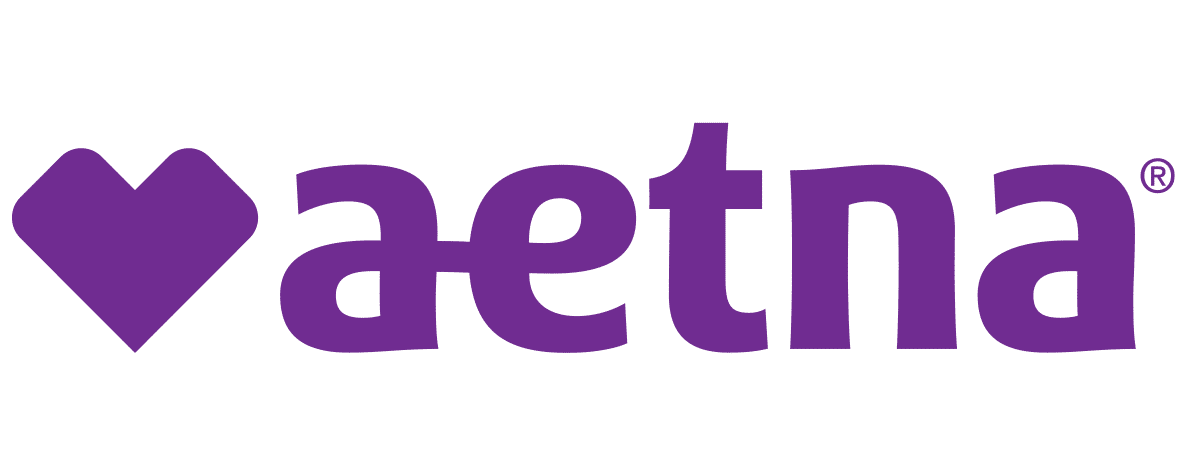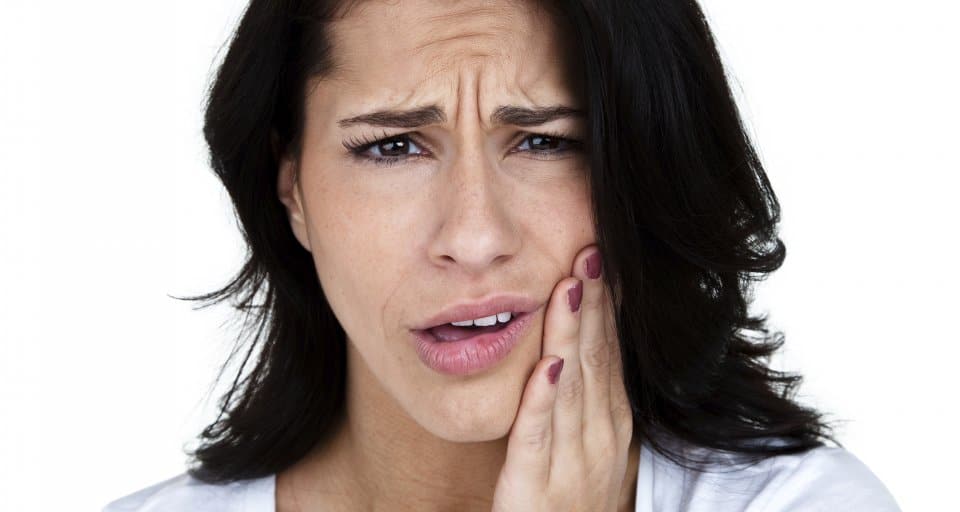Routine professional cleanings or checkups are probably at the bottom of your priority list when you don’t have dental insurance, but a toothache can go on for days, and the risk of infection only increases with time, leading to potential dental disease. What you need to know is that you have options. If you can’t afford dental insurance or dental care, there are several options that could save you money on dental services, or even provide them to you for free.
The best option for many people are dental savings plans. Plan members get discounts of 10%-60% on virtually all dental procedures from a nationwide network of dentists. But if these reduced rates are still impossible to fit into budget, there are other options to explore.
Local Agencies and Federally-Funded Programs
Through the Health Resources and Services Administration (HRSA), an agency within the U.S. Department of Health and Human Services, you can find information with lists of federally-funded community health centers that offer either free or reduced-cost dental care. The Bureau of Primary Health Care, part of HRSA, gives you a list of health centers near your area using your zip code. The HRSA provides services either free of cost, or at a reduced rate based on your income. Because this list includes health centers that provide services ranging from check-ups and immunizations to mental and oral health, make sure you contact the organization directly to confirm the availability of the service you need.
Federally-funded programs also provide services to those who qualify. The Centers for Medicare & Medicaid Services (CMS) has programs that could cover some dental work. If you are 65 or older and have Medicare, you might be eligible to receive free dental work under specific circumstances. Medicare does not cover routine dental work like check-ups and cleanings, but Medicare Part A (Hospital Insurance) could cover dental services directly related to procedures that are fully-covered, like reconstruction of the jaw due to an accidental injury, or extractions in preparation for a radiation treatment. To find more information, contact your local Medicare program.
The second program by CMS, Medicaid, is a state-run program that provides medical benefits to eligible individuals and family. Dental benefits are provided for children under Medicaid and the Children’s Health Insurance Program (CHIP) as required by law, but aren’t always provided to adults. Most states provide emergency dental services for adults, but a few provide comprehensive dental work as there is no law requiring them to do so. To find out the coverage in your state, go to www.medicaid.gov/medicaid/by-state.
Dental Schools and Clinical Trials
Dental schools are another good option for dental care at a reduced cost. Services aren’t always free, but they might be offered either at a low cost, or fees are based on your income. What you need to keep in mind is that these services are provided by students in training. There is nothing to worry about as they are supervised by professional licensed dentists, but treatments and visits might take longer – so patience is key. The American Dental Association (ADA) provides you with a list of schools registered where you could find these reduced-cost services.
Dental hygiene schools registered with the American Dental Hygienists Association also provide preventive treatments like cleanings at a reduced cost.
If you’re the type who wants to contribute to medical knowledge and if you are willing to take part in studies and clinical trials, accepting the risks of the trial, organizations like the National Institute of Dental and Craniofacial Research (NIDCR) and Clinical Trials, both part of the U.S. National Institutes of Health, are constantly recruiting people to participate in their studies. In exchange, participants get dental services as part of the research. You can find research studies in your area based on topic (dental care in this case), age range and gender. Examples include the research of changes in vital signs during dental procedures.
Charitable and Non-Profit Organizations
There are several non-profit organizations around the country that help uninsured and low-income families with free dental care services. Dentistry from the Heart is a Florida-based non-profit that organizes events where participating dentists provide free extractions, fillings and cleanings. The only requirement is for patients to be at least 18 years old. You can find an event near you by going to http://dentistryfromtheheart.org/blog/events/.
Another nonprofit is Mission of Mercy. Since this organization does not receive any federal funding, there are no pre-qualifications to receive treatment. They provide free dental care and free prescription medications in Arizona, Maryland, Pennsylvania and Texas. You can find one of the 17 clinics at www.amissionofmercy.org.
To find more dental clinics providing dental care free or at a reduced cost, you can also visit https://www.unitedway.org/our-partners. United Way is a community-based alliance of charitable organizations worldwide. You can find a local chapter near you.
Save 15% to 50%* at the Dentist
With an Aetna Dental Savings Plan.

